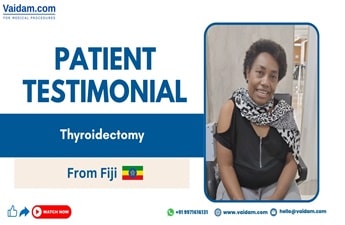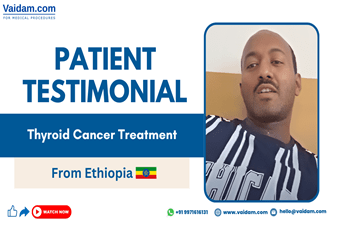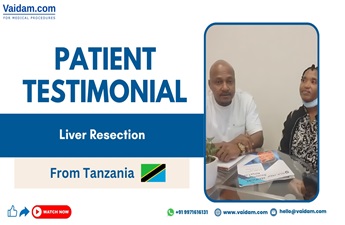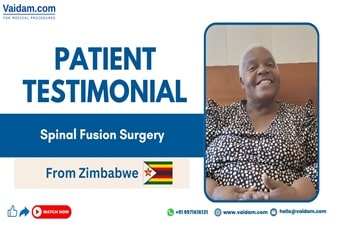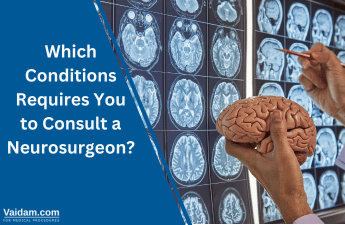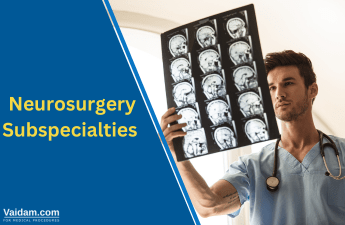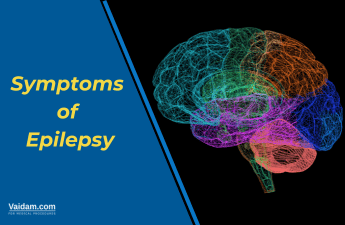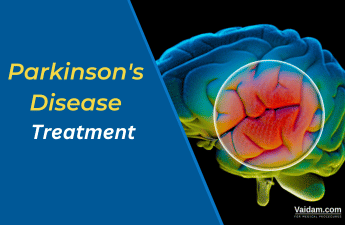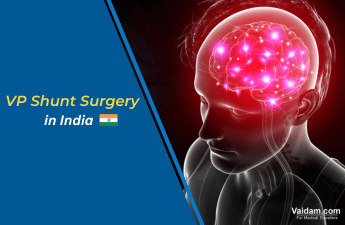
Deep brain stimulation (DBS) surgery is a treatment option for specific neurological conditions such as Parkinson's disease, essential tremor, and dystonia. The success rate of DBS surgery varies, depending on the specific condition being treated and the individual patient.
What is Deep Brain Stimulation?
This device involves the implantation of electrodes into specific areas of the brain. These electrodes are then connected to a small device called a pulse generator, implanted under the chest's skin.
The pulse generator forwards electrical impulses to the electrodes, which can help to reduce symptoms of certain neurological conditions.
DBS for Parkinson's Disease
One of DBS's most well-known and researched uses in treating Parkinson's disease. Parkinson's is a continuing disorder of the nervous system that affects movement. DBS targets the subthalamic nucleus (STN) or the globus pallidus interna (GPi) in the brain, which can help reduce symptoms such as tremors, stiffness, and difficulty with movement.
The success rate of DBS for Parkinson's disease is generally considered to be high. Studies have shown that DBS can lead to significant improvements in motor symptoms, such as reducing tremors and improving overall mobility. In addition, DBS can also lead to improvements in non-motor symptoms, such as depression and quality of life.
Get in Touch with Medical Experts
DBS for Essential Tremor
Another common use of DBS is in treating essential tremor, a condition characterized by involuntary shaking, usually in the hands. DBS can be used to target the thalamus, a region of the brain involved in movement control.
The success rate of DBS for essential tremors is also considered to be high. Studies have shown that DBS can lead to significant improvements in tremors, as well as improvements in quality of life.
DBS for Dystonia
Dystonia is a disorder characterized by sustained muscle contractions, which can lead to repetitive, twisting movements or abnormal postures. DBS can target the globus pallidus interna (GPi) or the subthalamic nucleus (STN) in the brain, which can help reduce dystonia symptoms.
The success rate of DBS for dystonia is also considered to be high. Studies have shown that DBS can lead to significant improvements in dystonia symptoms, as well as improvements in quality of life.
Risks and Complications
While DBS can be an effective treatment option for certain neurological conditions, it is essential to note that it is still a surgical procedure and carries certain risks and potential complications. These can include infection, bleeding, and stroke. In addition, there is a risk of lead migration or breakage, which can require revision surgery.
Conclusion
DBS surgery can be an effective treatment option for certain neurological conditions such as Parkinson's disease, essential tremor, and dystonia. Studies have shown that DBS can significantly improve symptoms and quality of life for patients with these conditions. However, it is important to note that DBS is still a surgical procedure and carries certain risks and potential complications, which should be considered before deciding to proceed with the surgery in the hospital.
It is vital to have a thorough discussion with a qualified healthcare professional to understand the potential benefits and risks of DBS surgery and determine if it is the best treatment option for you.





